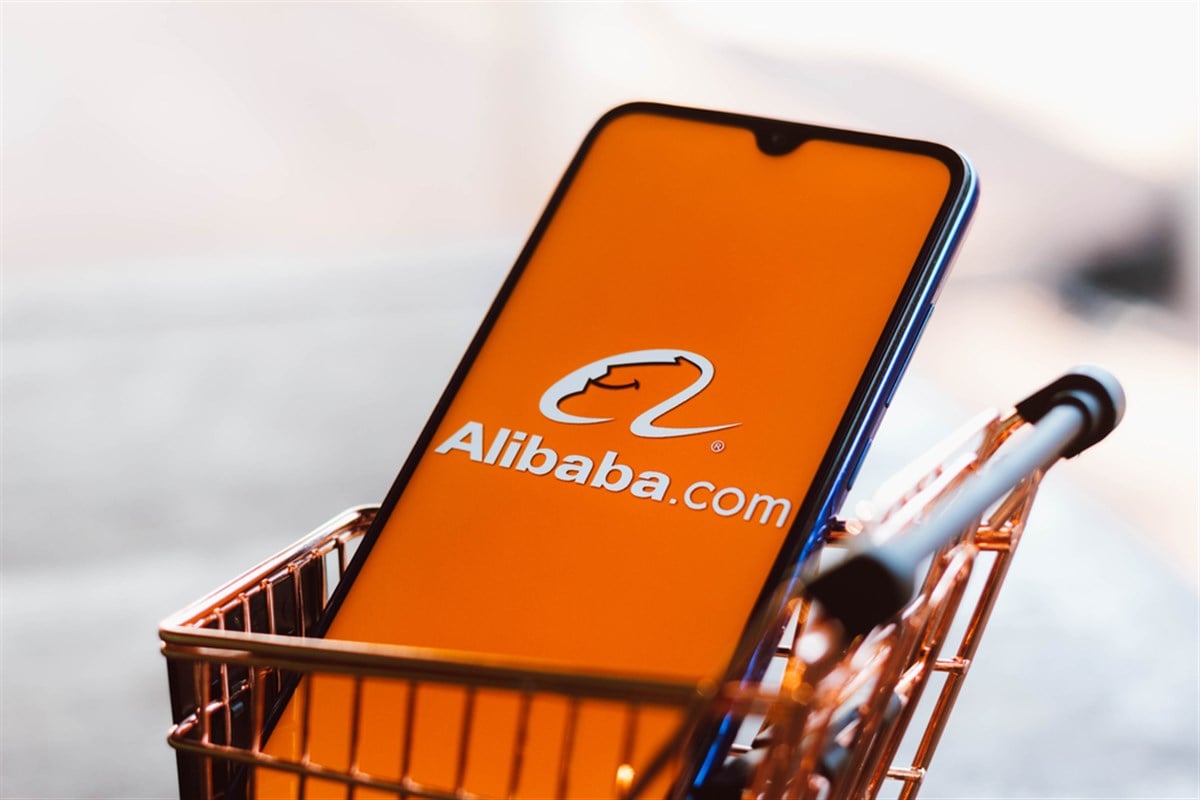
Most of the market is waking up to some discouraging price action from shares of Alibaba Group (NYSE: BABA) today; despite rallying by over 3% in the pre-market session, the stock quickly gave up its gains at the market open and got to a low of up to 2.5% declines during the day. The frustration is palpable as the company reported a blockbuster quarterly earnings report.
However, investors need to realize and understand thoroughly that Alibaba is part of the overseas stocks that are being compressed due to other market dynamics today. These are the rare opportunities that mega investors seek to exploit during their careers, as the value from a business is widely dislocated from its current market price. As a matter of fact, a few of Wall Street’s best have already piled into Alibaba stock over the past quarter, giving investors some relief.
But, before these institutional backers are revealed, the financial results from Alibaba stock need to be covered first so that investors understand what is happening underneath the hood and whether the market’s reaction to the stock is justified. From there, the market will see how, more than ever, new Wall Street price targets matter for Alibaba.
Alibaba’s Earnings Signal a Comeback: Figures Show Business Is Back on Track
First of all, Alibaba is not just a consumer discretionary platform in China; it’s also a technology center that has managed to tap into data sources from some of the world’s fastest-growing economies. Through its cloud computing branch, Alibaba will be able to deliver double-digit growth in the coming quarters.
That’s on top of its legacy consumer platform, which serves the world’s fastest-growing middle class, so investors can think of the tailwinds in Alibaba as sort of the Amazon.com Inc. (NASDAQ: AMZN) of Asia, but only bigger. Despite China’s economy going through a compressed cycle, Alibaba’s businesses managed to push out decent growth.
Through the quarter, the company’s international commerce and digital cloud divisions carried most of the weight, offsetting some of the disappointments coming out of the Chinese commerce businesses. However, knowing that the Chinese government is now going through round after round of stimulus, consumer activity might rebound.
That’s a thesis that helped some big investors land on Alibaba stock, but even through a faltering Chinese economy, Alibaba’s AliExpress expanded its revenues by as much as 35% to outshine even the cloud computing segment’s growth of 7% during the same period.
Then, there’s the ace-up of Alibaba’s sleeve, their equity investments in other companies, and Chinese interests. Just like Berkshire Hathaway Inc. (NYSE: BRK.B), Alibaba acts as a holding company outside of its core businesses, exposing it to the coming turnaround in Chinese valuations due to more stimulus.
This business model drove the company’s net income to 43.9 billion yuan, or 58% higher than last year. Looking through all of the division’s results, the story comes to a pleasant conclusion for investors: international commerce and cloud computing will carry the business higher, but China’s recovery holds the main upside catalyst.
This Catalyst Sparked Billions in Investments
Knowing that Alibaba is a ticking time bomb, in a good way, investors like Michael Burry, David Tepper, Ray Dalio, and even George Soros have decided to take sizeable positions in Alibaba stock over the past quarter. Some of these positions, such as for Burry and Tepper, represent the largest share of the portfolio.
This is rare for investors like Howard Marks, who tend to focus on U.S. domestic stocks. Even his fund has started to allocate to Chinese stocks. All this confidence is backed by the pending tailwind of the Chinese economy and by the commitment management has placed to helping the stock price reflect the company's value.
A $25 billion stock buyback program was approved earlier in 2024 and has been diligently implemented to show investors that insiders think the stock is cheap enough to buy today. Management isn't alone in this assumption; however, some people on Wall Street are willing to put their reputations on the line to provide a more transparent view of the stock.
Particularly those at Macquarie, who recently boosted their ratings on Alibaba stock to "Outperform" from a previous "Neutral" view. This time, a price target boost to $145 a share accompanied the analyst ratings, calling for as much as 64% upside from where the stock trades today.
Even short sellers, who should have been encouraged by the stock's lower trading despite new institutional buying, have decided to reduce their short exposure in Alibaba stock recently, judging by the 9.2% decline in short interest for Alibaba stock over the past month alone.

